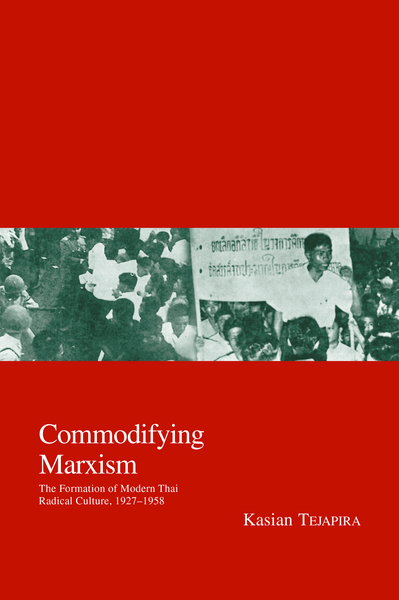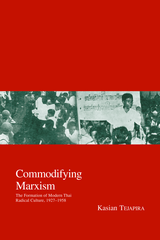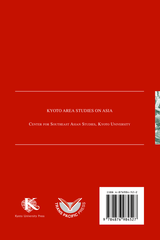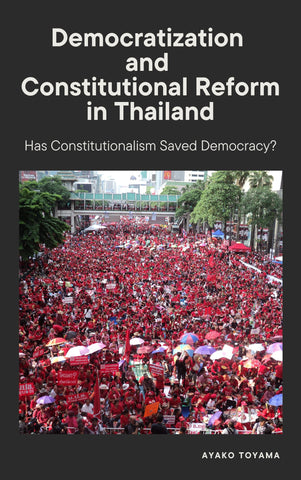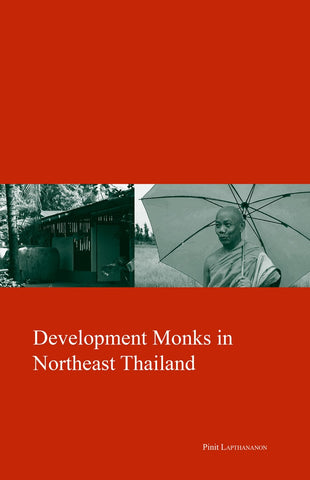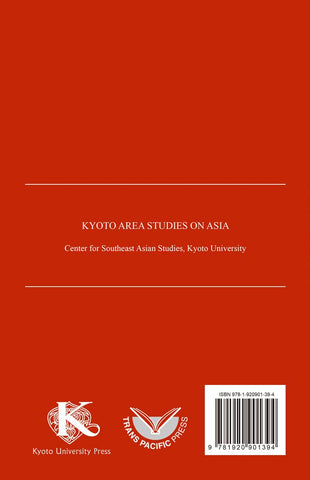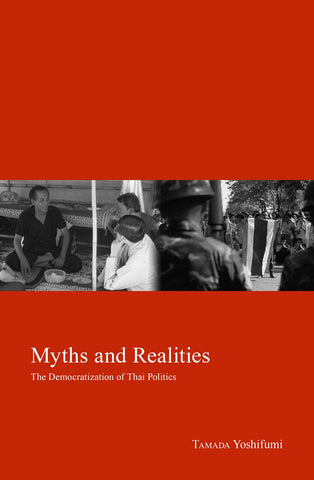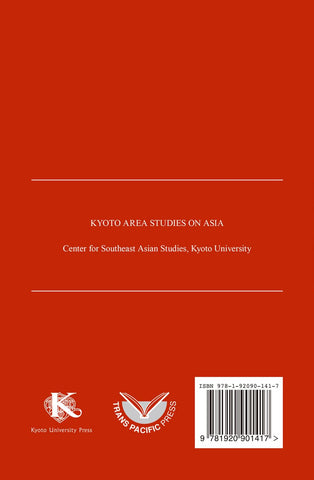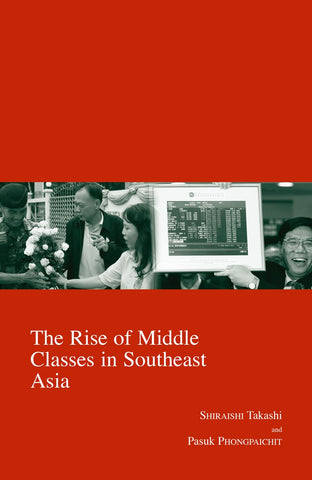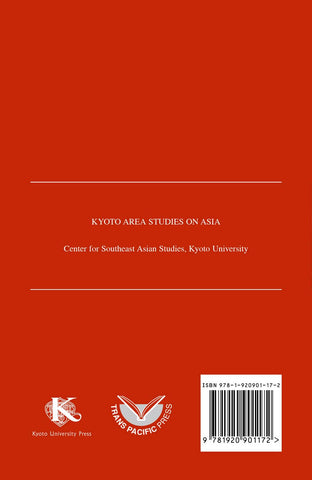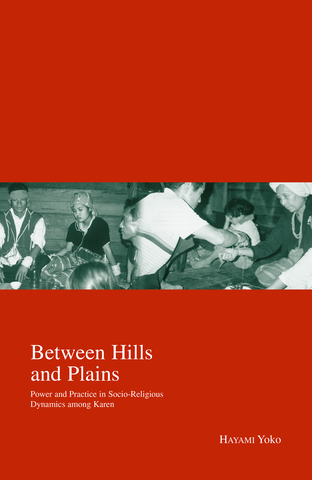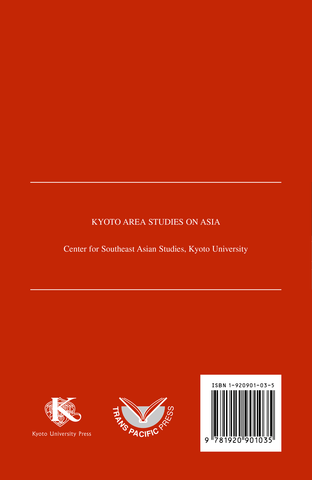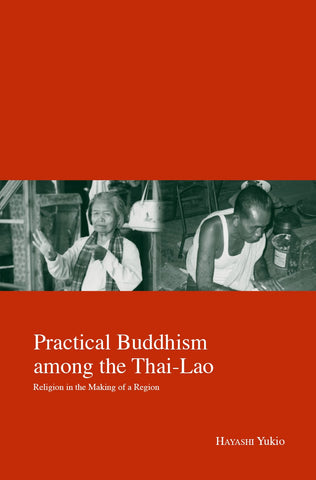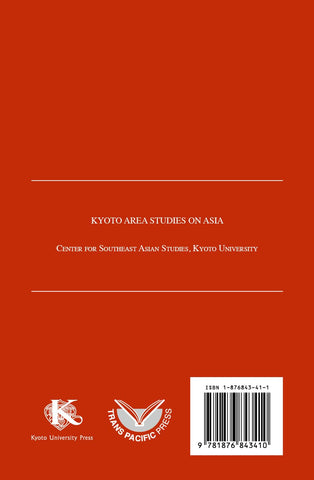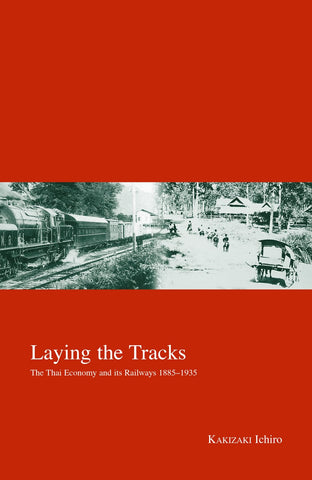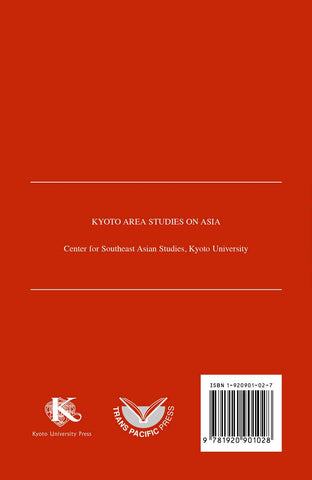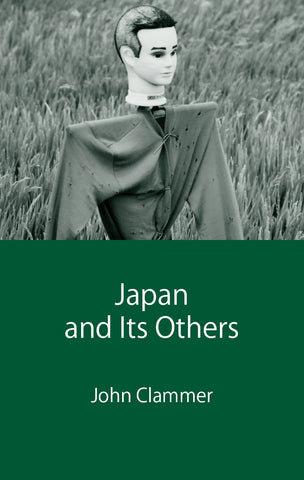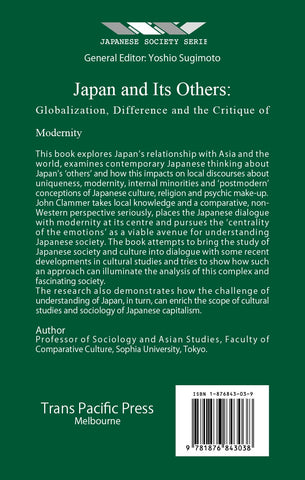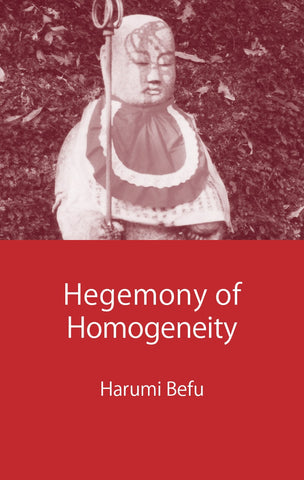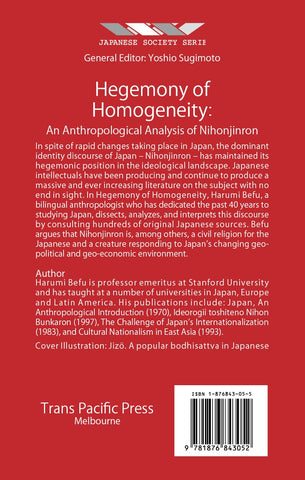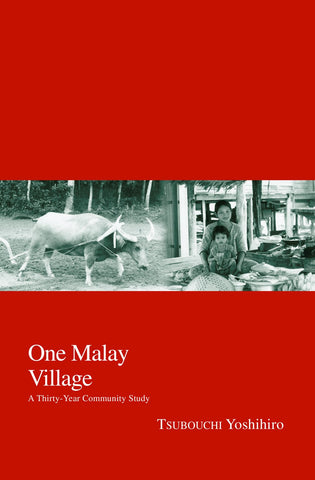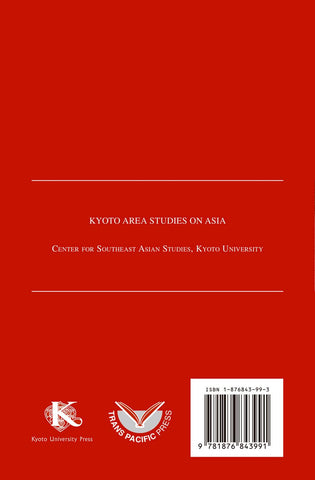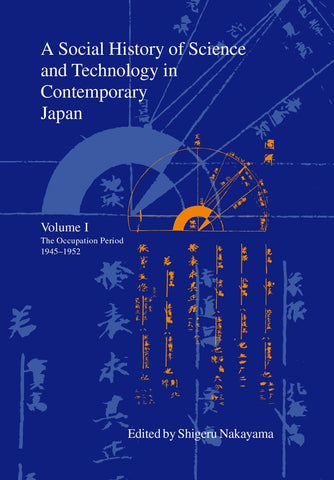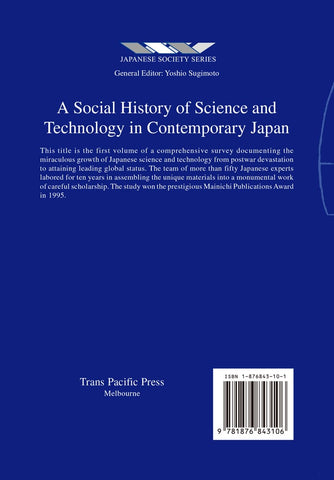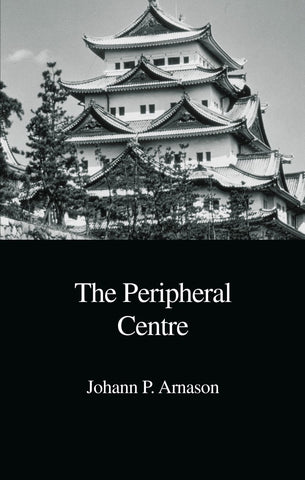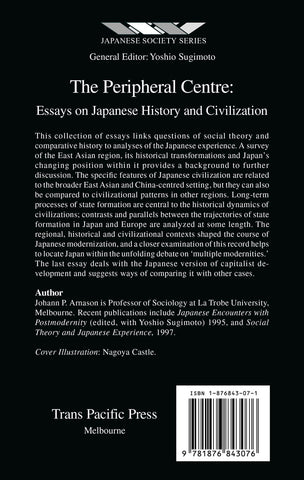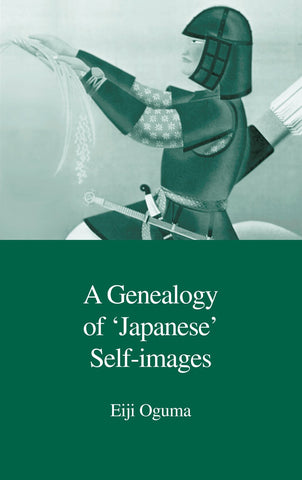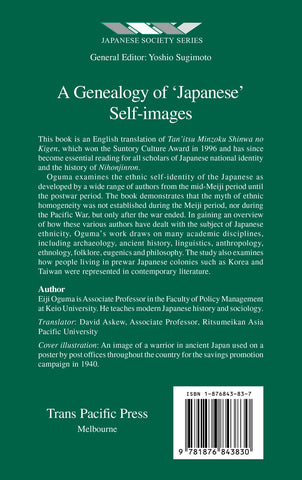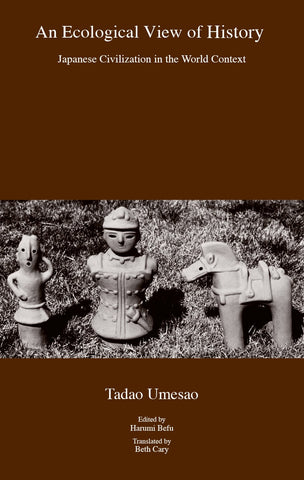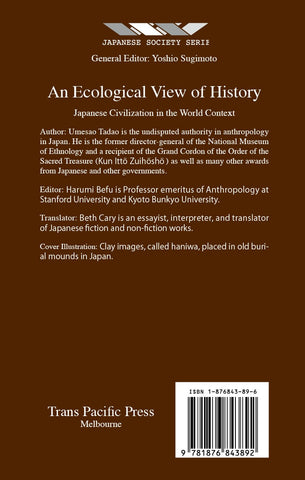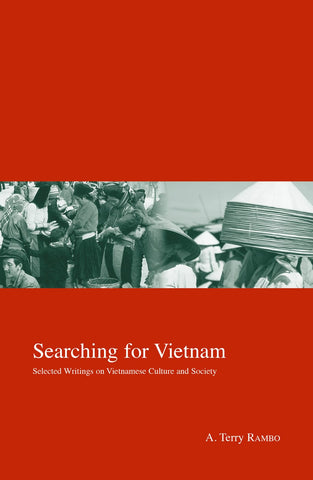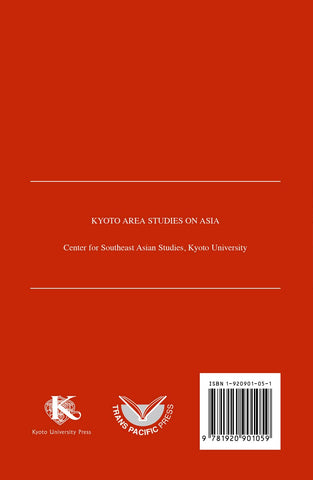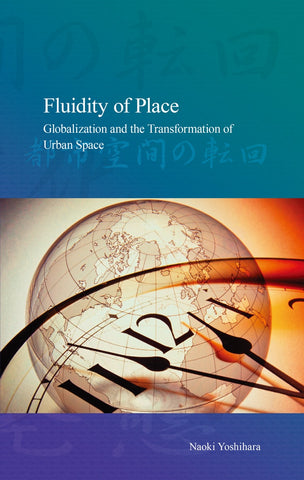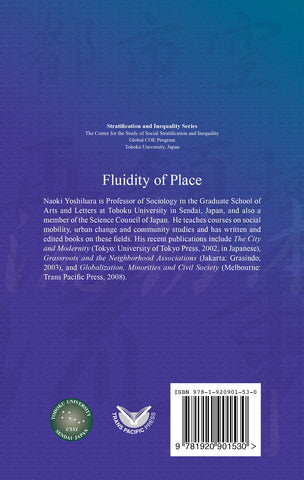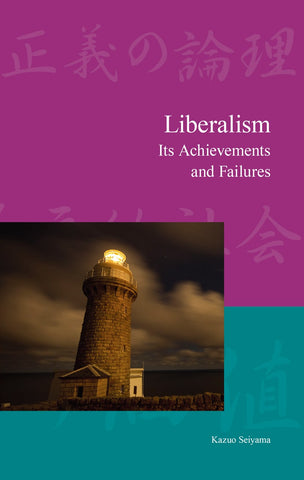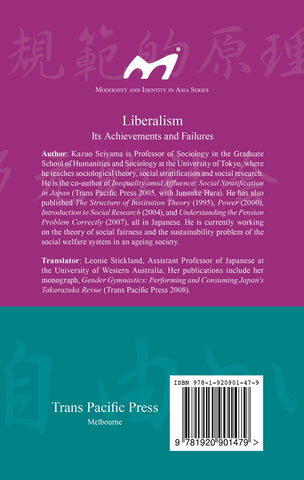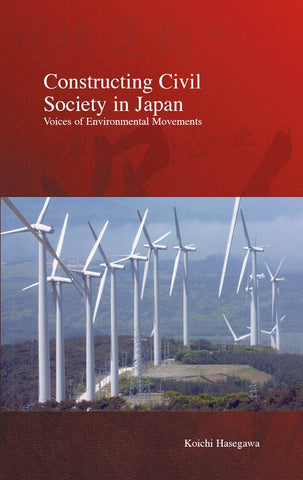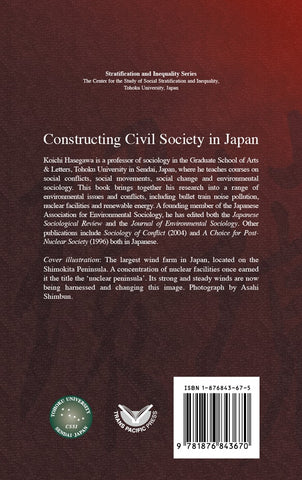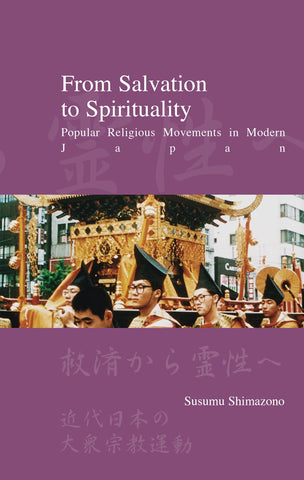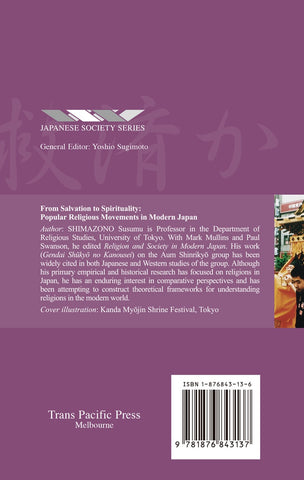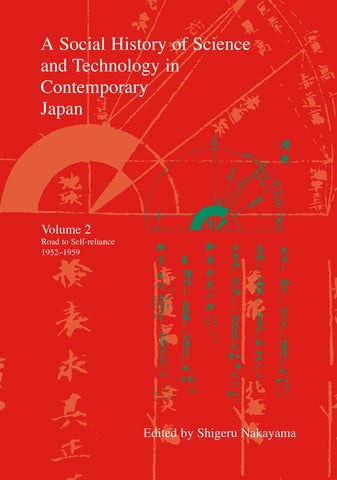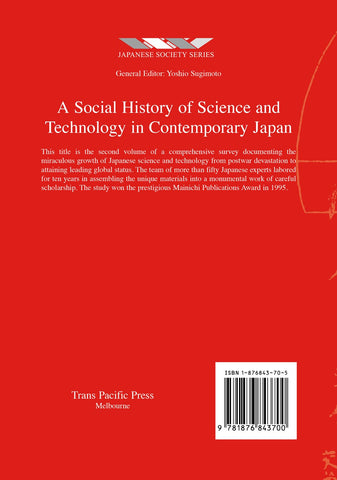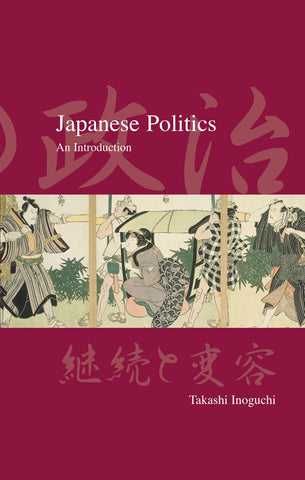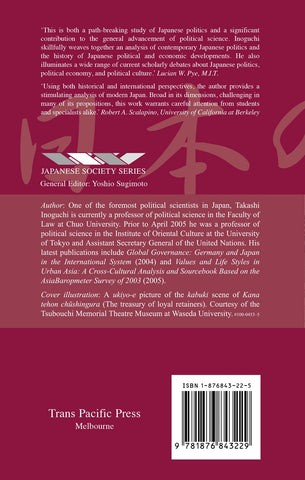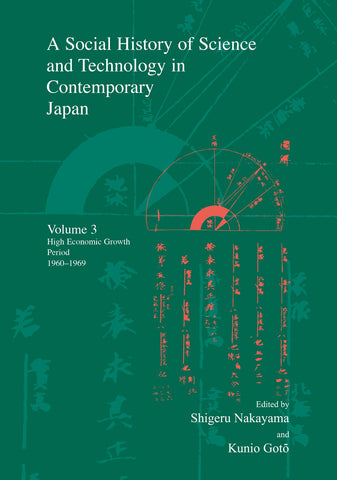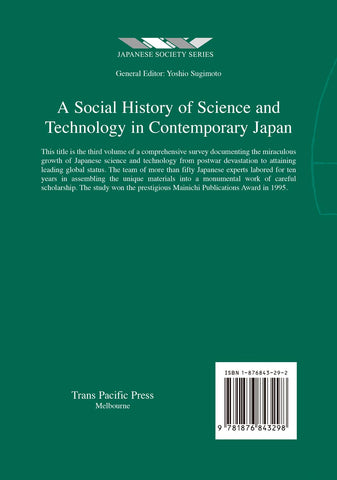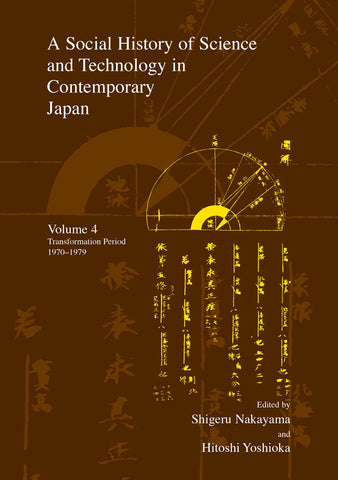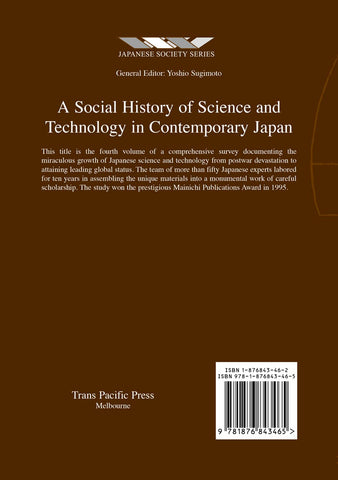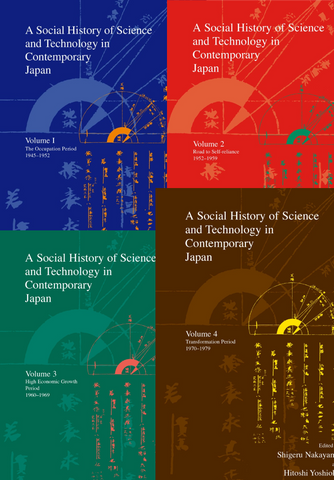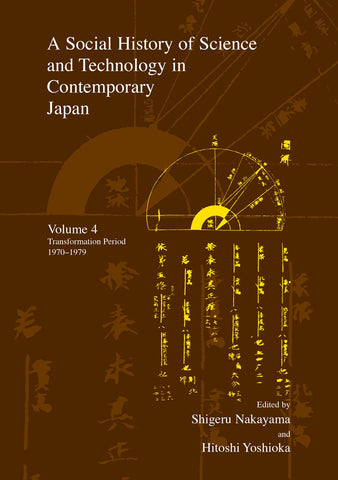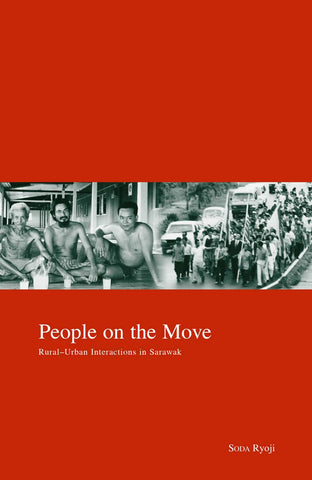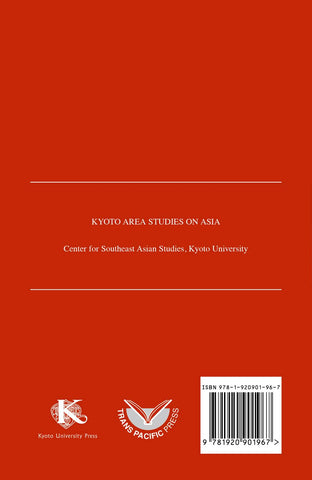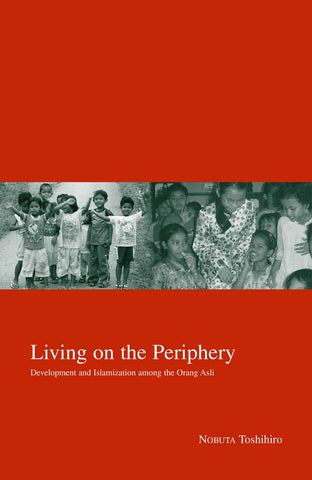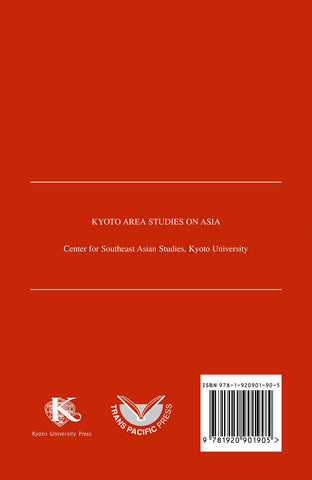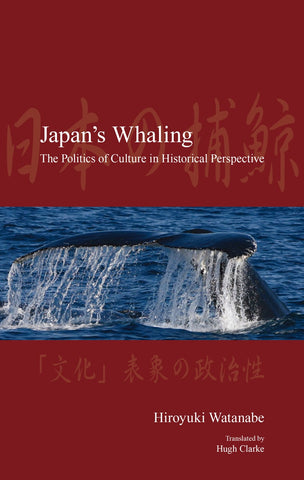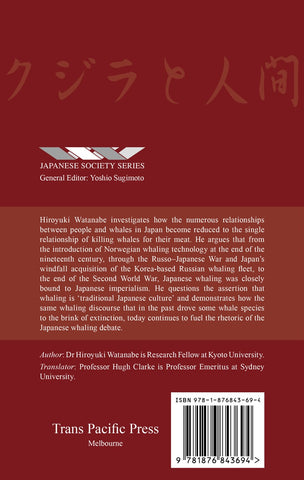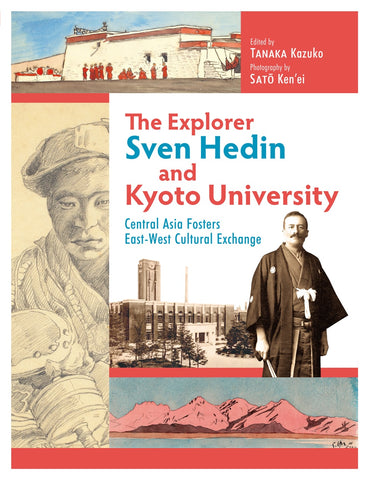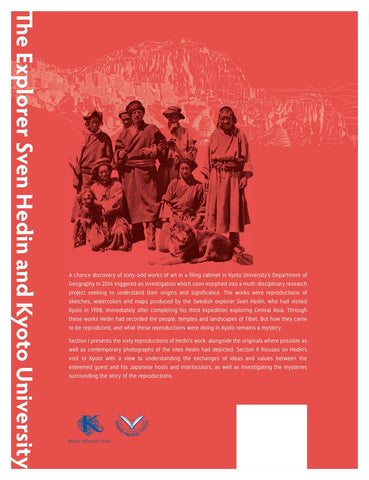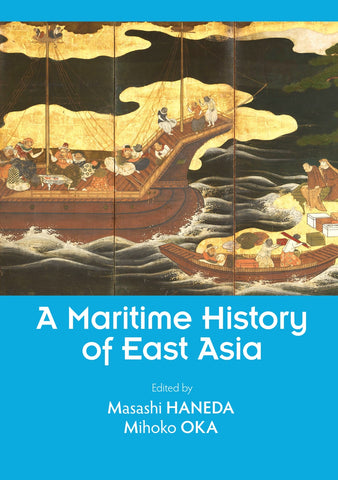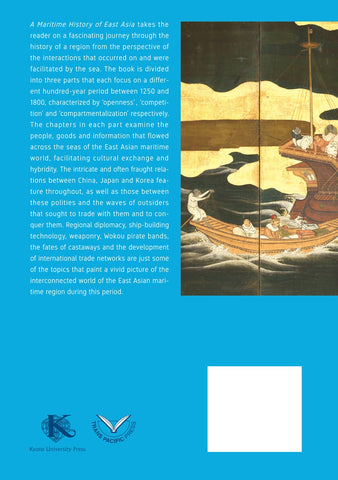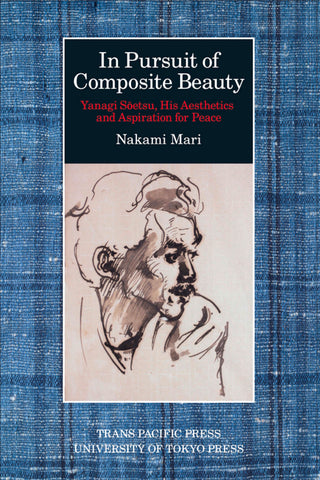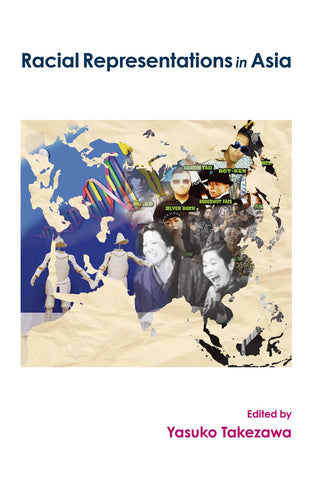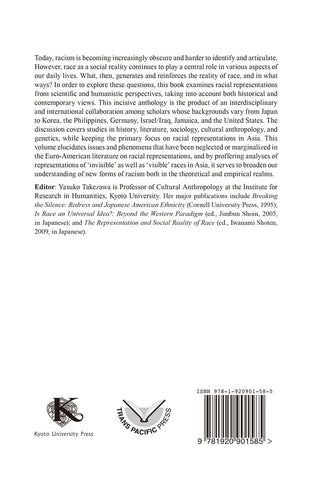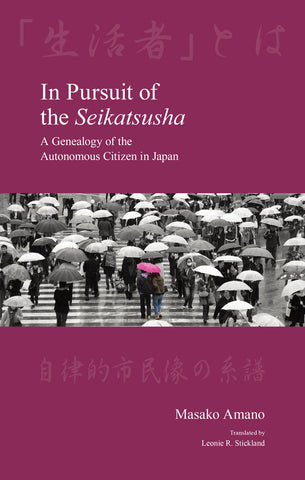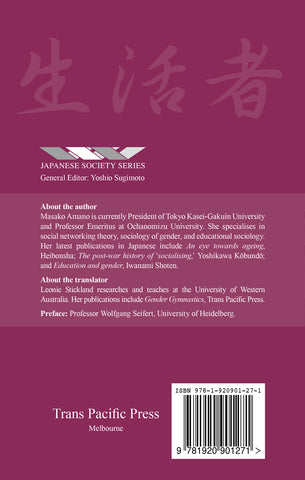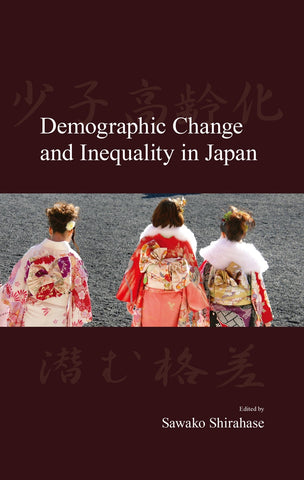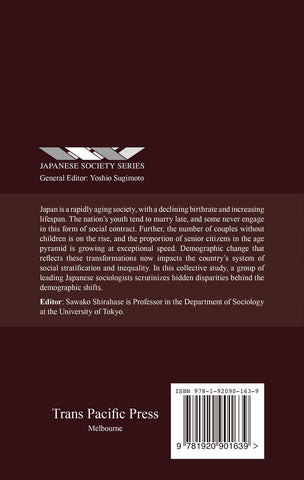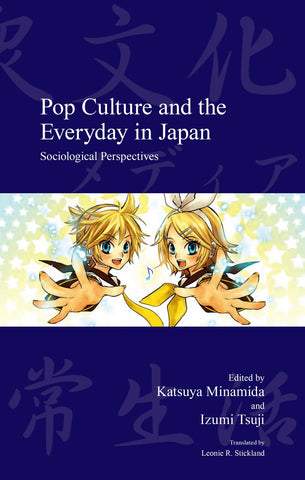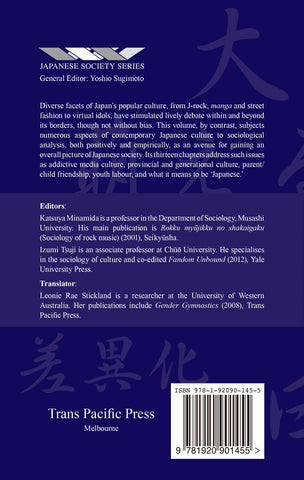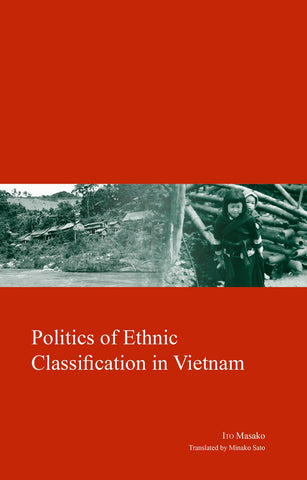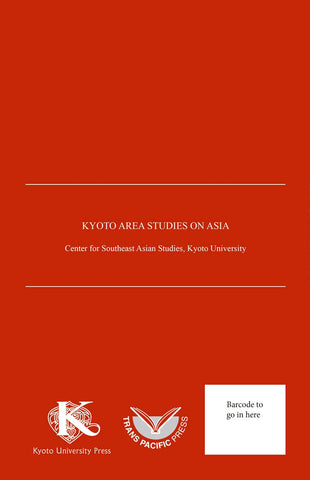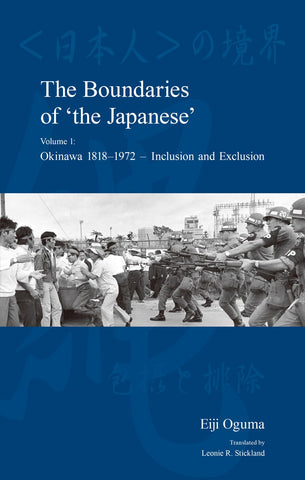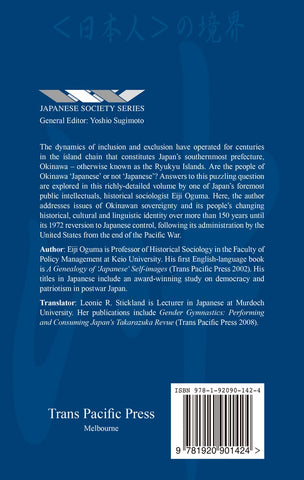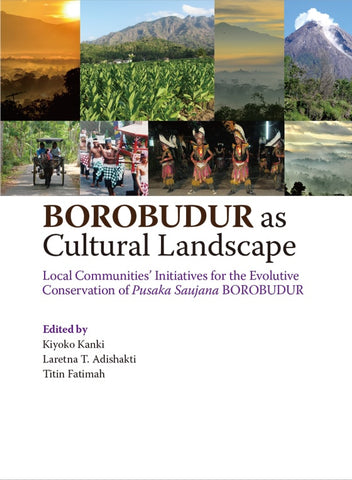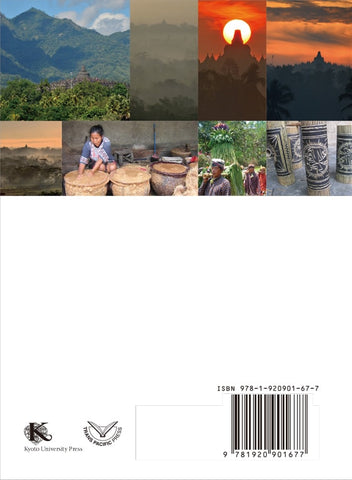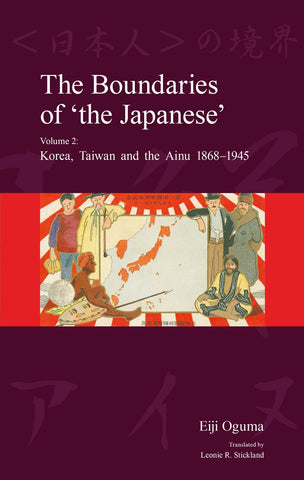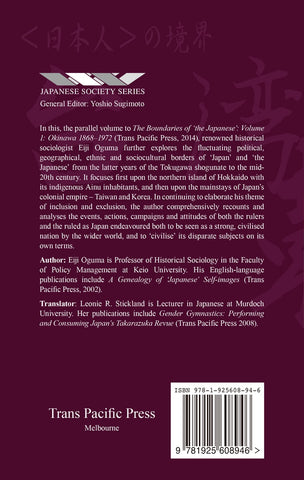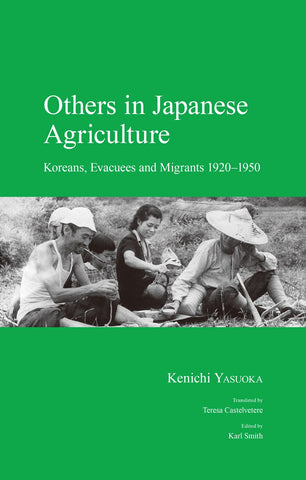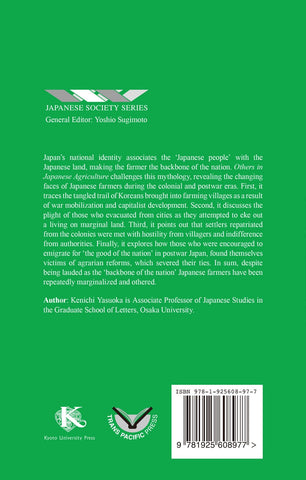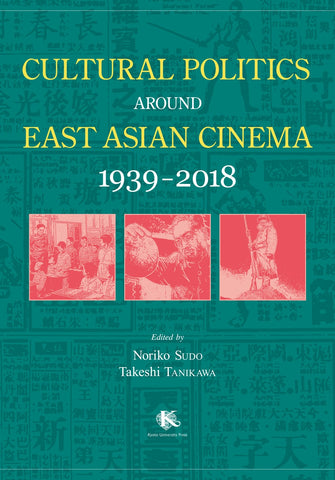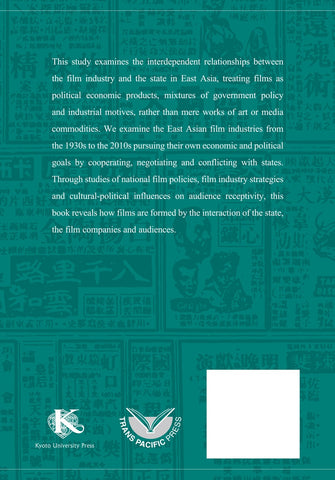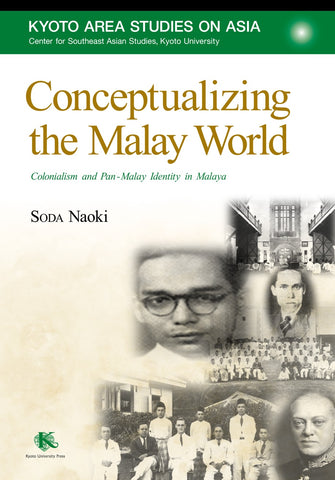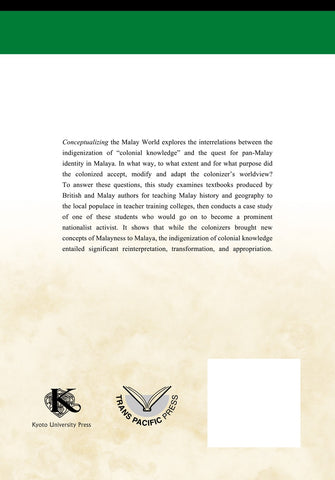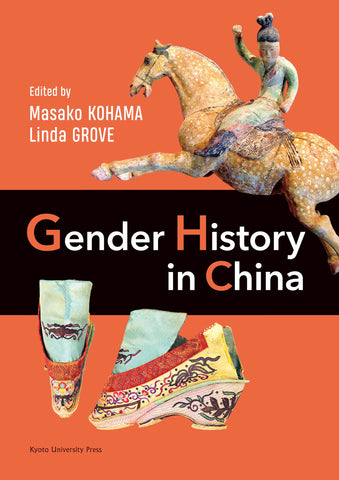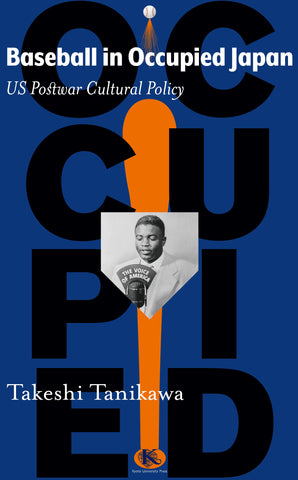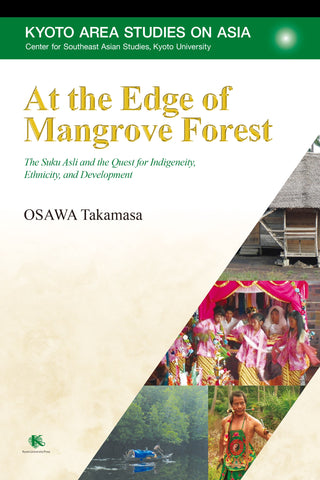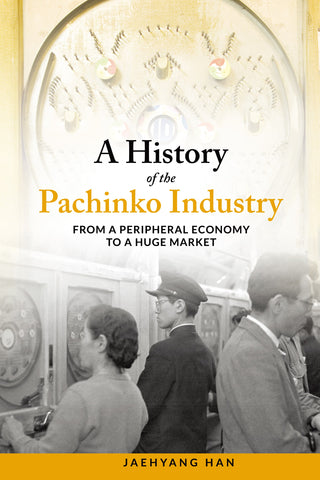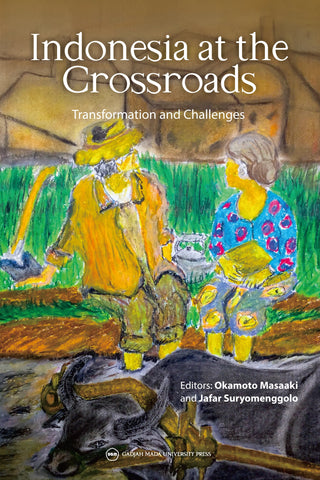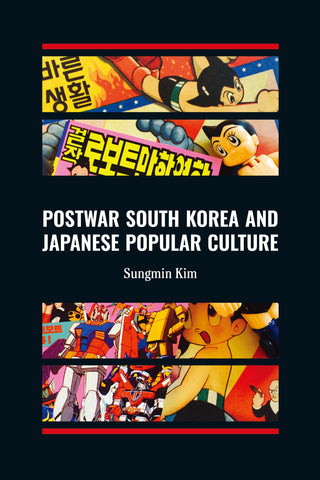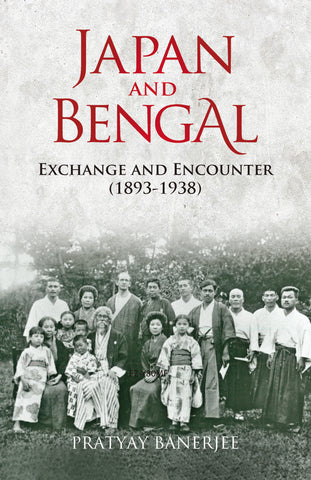Shop by Areas »
Shop by Category »
Commodifying Marxism
Many In Stock
In this study of the formation of modern Thai radical culture, Tejapira reveals a process of cultural and political interaction which results in a mutual transformation of exogenous Marxism/communism and indigenous Thai culture. The study draws on data from a number of primary and secondary sources, including memoirs from and interviews with leftist intellectuals, contemporary radical publications, and a number of unpublished Masters' dissertations in the Thai language. The book traces the introduction of Sino-Vietnamese Marxism/communism into Siam during the absolute monarchy in the late 1920s until the late 1950s when, under the military regime, it emerges as a particularly Thai cultural phenomenon. The exogenous ethnic character of the early Siamese communist movement made it an easy target for the conservative nationalist/royalist ideology of Thai-ness and socialism had been pre-judged as utopian even before its actual arrival in Thailand. After the fall of the absolute monarchy in 1932, both the lookjin communists (lookjin refers to Thai-born people of Chinese descent) and the left-wing People's Party tried separately to overcome this double-layered cultural resistance to radical ideas, but with only partial success. But the Japanese invasion and the resultant Phibun-Japanese alliance during the Second World War provided both groups with an opportunity to create a popular underground resistance movement and to earn a legitimate and legal foothold in the Thai policy after the War. Marxism/communism entered the post-war Thai cultural market in the form of printed commodities, whose demand, supply and reproduction ebbed and flowed with the volatile and violent tide of international and domestic events during the subsequent decade. More specifically, it was paradoxically diffused but dissolved by capitalist publishing, censored yet promoted by anti-communist authoritarian regimes, and confined to but freed in prisons. Through this process emerged a substantial group of (primarily) ethnic Thai radical intellectuals who proceeded to translate Marxism/communism into the Thai language and rhyming verse.
About Editors and Authors
Kasian Tejapira is Professor of Political Science at Thammasat University, Thailand. He is the author of numerous academic publications and a dozen books in both Thai and English. He completed his PhD at Cornell University in 1992, and his areas of specialization are comparative politics, political theory and Southeast Asian studies.
Related Books
-
Democratization and Constitutional Reform in Thailand$35.95This book examines the phenomenon of the "judic...This book examines the phenomenon of the "judicialization of politics," which has attracted attention as one of the causes of the retreat of Thai democracy, focusing on the May 1992 bloodshed, the ...
-
Development Monks in Northeast Thailand$99.95This study examines the role of Buddhist monks ...This study examines the role of Buddhist monks as development agents in rural Thailand. Through 20 years of field studies, and with a focus on Northeast Thailand (which is known as Isan and long cl...
-
Myths and Realities$34.95This study challenges the prevailing view that ...This study challenges the prevailing view that Thailand's democratization process in the 1990s was led by the active middle class. It presents an alternative explanation, examining certain 'passive...
-
The Rise of Middle Classes in Southeast Asia$89.95The rise of the new middle classes in Southeast...The rise of the new middle classes in Southeast Asia has brought about important transformations in various countries - politically, socially, economically, and culturally - while producing new 'Ea...
-
Between Hills and Plains$69.95In this study, Hayami suggests that the Karen i...In this study, Hayami suggests that the Karen in northwestern Thailand are located "betwixt and between" the peripheries and the mainstream of the modern nation-state. It demonstrates how the Karen...
-
Practical Buddhism Among the Thai-Lao$34.95Based on long-term fieldwork, Hayashi presents ...Based on long-term fieldwork, Hayashi presents the local history of Thai-Lao religion and society, up to and including its present-day dynamics. Working from the analytical premise that concepts su...
-
Laying the Tracks$69.95A joint publication of Trans Pacific Press and ...A joint publication of Trans Pacific Press and Kyoto University Press, this economic history of the early development of Thailand's railways details the rail policies of the royal government, from ...
-
Japan and Its Others$29.95This book explores Japan's relationship with As...This book explores Japan's relationship with Asia and the world, examines contemporary Japanese thinking about Japan's "others" and how this impacts on local discourses about uniqueness, modernity,...
-
Hegemony of Homogeneity$29.95Much of the misunderstanding by foreigners abou...Much of the misunderstanding by foreigners about Japan arises out of their acceptance of certain stereotypes about the Japanese. Harumi Befu spearheaded the critique of the stereotypical and the es...
-
One Malay Village$29.95In a society recognized for its multi-racial co...In a society recognized for its multi-racial constitution, the relative homogeneity of Kelantan has inspired numerous researchers to seek the "essence" of "Malay-ness" in the traditional ethnic eve...
-
Social History of Science and Technology Vol.1$99.95This title is the first volume of a comprehensi...This title is the first volume of a comprehensive, four-volume survey which documents the miraculous growth of Japanese science and technology from post-war devastation to its attaining a leading g...
-
The Peripheral Centre$29.95The main theme of the book is the complex relat...The main theme of the book is the complex relationship between the patterns of Japanese modernity and the civilizational legacy on which they continue to grow. The author discusses the East Asian r...
-
A Genealogy of 'Japanese' Self-images$39.95This book presents a counter-argument to the Ja...This book presents a counter-argument to the Japanese belief that they are a homogeneous nation since the Meiji period. Eiji Oguma demonstrates that the myth of ethnic homogeneity was not establish...
-
An Ecological View of History$29.95This is the first English version of Tadao Umes...This is the first English version of Tadao Umesao's classic, published first in Japanese in 1957, with a full description of his ecological theory of civilizations of Eurasia. Dividing the Eurasian...
-
Searching for Vietnam$79.95Volume 9 of the Kyoto Area Studies on Asia brin...Volume 9 of the Kyoto Area Studies on Asia brings together the author's selected writings about Vietnam from the past forty years. The book opens with an autobiographical account of his history as ...
-
Fluidity of Place$34.95Fluidity of Place presents an interdisciplinary...Fluidity of Place presents an interdisciplinary conversation with theories of space-time, place, and globalization at the cutting edge of social theory. Focusing on the construction of urban space ...
-
Liberalism$34.95In the past two decades, as the tsunami of glob...In the past two decades, as the tsunami of globalism followed Marxism's collapse, and the seemingly ubiquitous and transparent principle of 'the market' came to forge a direct link between worldwid...
-
Practical Buddhism Among the Thai-Lao$34.95Based on long-term fieldwork, Hayashi presents ...Based on long-term fieldwork, Hayashi presents the local history of Thai-Lao religion and society, up to and including its present-day dynamics. Working from the analytical premise that concepts su...
-
Between Hills and Plains$69.95In this study, Hayami suggests that the Karen i...In this study, Hayami suggests that the Karen in northwestern Thailand are located "betwixt and between" the peripheries and the mainstream of the modern nation-state. It demonstrates how the Karen...
-
Constructing Civil Society in Japan$49.95Japan's post-World War II "economic miracle" is...Japan's post-World War II "economic miracle" is well-known and much discussed, as is the collapse of the "bubble economy" and the almost decade long economic stagnation of the 1990s. In this collec...
-
From Salvation to Spirituality$34.95Susumu Shimazono, one of Japan's foremost socio...Susumu Shimazono, one of Japan's foremost sociologists of religion, deals with the development of popular religious and spiritual movements in Japan in the nineteenth and the twentieth centuries. A...
-
Social History of Science and Technology Vol.2$99.95This title is the second volume of a comprehens...This title is the second volume of a comprehensive, four-volume survey which documents the miraculous growth of Japanese science and technology from postwar devastation to its attaining a leading g...
-
Japanese Politics$34.95When the Japanese economy was on the rise, as i...When the Japanese economy was on the rise, as it was in the 1980s, it was often suggested that the Japanese way of doing things was culturally unique and inherently superior. The apparent success o...
-
Social History of Science and Technology Vol.3$99.95This is the third volume of a comprehensive, fo...This is the third volume of a comprehensive, four-volume survey that documents the miraculous growth of Japanese science and technology from post-war devastation to its rise as a global leader. A t...
-
Social History of Science and Technology Vol.4$109.95This study is the fourth and final volume of a ...This study is the fourth and final volume of a comprehensive survey that documents the miraculous growth of Japanese science and technology from post-war devastation to its rise as a global leader....
-
A Social History of Science and Technology in Contemporary Japan (Complete Set)$300.00
$398.00Order all four-books together for "A Social His...Order all four-books together for "A Social History of Science and Technology in Contemporary Japan" which documents the miraculous growth of Japanese science and technology from post-war devastati... -
People on the Move$79.95Based on participant observation and interviews...Based on participant observation and interviews in a village in Sarawak, Ryoji Soda examines outward migration from the village, the migrants' living strategies in urban areas, their frequent moves...
-
Living on the Periphery$59.95Orang Asli is a generic name given to the indig...Orang Asli is a generic name given to the indigenous people living on the Malay Peninsula. Using extensive ethnographic data, Living on the Periphery reveals the way in which state-initiated develo...
-
The Rise of Middle Classes in Southeast Asia$89.95The rise of the new middle classes in Southeast...The rise of the new middle classes in Southeast Asia has brought about important transformations in various countries - politically, socially, economically, and culturally - while producing new 'Ea...
-
Japan's Whaling$34.95Hiroyuki Watanabe investigates how the numerous...Hiroyuki Watanabe investigates how the numerous relationships between people and whales in Japan become reduced to the single relationship of killing whales for their meat. He argues that from the ...
-
Myths and Realities$34.95This study challenges the prevailing view that ...This study challenges the prevailing view that Thailand's democratization process in the 1990s was led by the active middle class. It presents an alternative explanation, examining certain 'passive...
-
The Explorer Sven Hedin and Kyoto University$89.95A chance discovery of sixty-odd works of art in...A chance discovery of sixty-odd works of art in a filing cabinet in Kyoto University's Department of Geography in 2014 triggered an investigation which soon morphed into a multi-disciplinary resear...
-
A Maritime History of East Asia$42.95This book takes the reader on a fascinating jou...This book takes the reader on a fascinating journey through the history of a region from the perspective of the interactions that occurred on and were facilitated by the sea. The book is divided in...
-
In Pursuit of Composite Beauty$84.95In Pursuit of Composite Beauty is a study of th...In Pursuit of Composite Beauty is a study of the life and thought of Yanagi Soetsu (1889-1961), known primarily as the founder of Japan's mingei (folk crafts) movement. Mr. Yanagi was a thinker who...
-
Racial Representations in Asia$89.95Though there is no biological validity to race,...Though there is no biological validity to race, it continues to play a central role in various aspects of our daily lives. What, then, generates and reinforces the reality of race, and in what ways...
-
In Pursuit of the Seikatsusha$34.95This is a study of Japan's home-grown concept o...This is a study of Japan's home-grown concept of seikatsusha that resembles 'citizen,' 'people,' 'consumer,' 'common man,' and 'the public,' though not exactly identical with any of them. The idea ...
-
Demographic Change and Inequality in Japan$34.95Japan is a rapidly aging society with a declini...Japan is a rapidly aging society with a declining birthrate and increasing lifespan. The nation's youth tend to marry late, and some never engage in this form of social contract. Further, the numbe...
-
Development Monks in Northeast Thailand$99.95This study examines the role of Buddhist monks ...This study examines the role of Buddhist monks as development agents in rural Thailand. Through 20 years of field studies, and with a focus on Northeast Thailand (which is known as Isan and long cl...
-
Pop Culture and the Everyday in Japan$34.95Manga, anime, J-pop, and other forms of Japan's...Manga, anime, J-pop, and other forms of Japan's mass culture are increasingly popular around the world, a situation which requires structural, demographic, and communicative research from sociologi...
-
Politics of Ethnic Classification in Vietnam$94.95Officially, the Socialist Republic of Vietnam h...Officially, the Socialist Republic of Vietnam has a total of 54 ethnic groups, including the majority Kinh and 53 ethnic minority groups. This book examines the history of the ethnic group determin...
-
Boundaries of 'the Japanese' Vol.1$54.95The dynamics of inclusion and exclusion have op...The dynamics of inclusion and exclusion have operated for centuries in the island chain that constitutes Japan's southernmost prefecture, Okinawa - otherwise known as the Ryukyu Islands. Are the pe...
-
Borobudur as Cultural Landscape$84.95Borobudur is a 9th-century Buddhist temple site...Borobudur is a 9th-century Buddhist temple site in Central Java, Indonesia. As a cultural landscape, Borobudur is a site of active discussion. Since the start of the International Field School on B...
-
Boundaries of 'the Japanese' Vol.2$54.95In this the parallel volume to The Boundaries o...In this the parallel volume to The Boundaries of 'the Japanese': Volume 1: Okinawa 1818-1972 (2014), renowned historical sociologist Eiji Oguma further explores the fluctuating political, geographi...
-
Others in Japanese Agriculture$84.85Japan's national identity associates the 'Japan...Japan's national identity associates the 'Japanese people' with the Japanese land, making the farmer the backbone of the nation. Others in Japanese Agriculture challenges this mythology, revealing ...
-
Cultural Politics around East Asian Cinema 1939-2018$39.95This book examines the interdependent relations...This book examines the interdependent relationships between the film industry and the state in East Asia, treating films as political economic products, mixtures of government policy and industrial...
-
Conceptualizing the Malay World$59.95Conceptualizing the Malay World explores the in...Conceptualizing the Malay World explores the interrelations between the indigenization of "colonial knowledge" and the quest for pan-Malay identity in Malaya. In what way, to what extent and for wh...
-
Gender History in China$69.95How have femininity and masculinity been define...How have femininity and masculinity been defined and understood in China from prehistoric times to the present day? Gender History in China presents for the first time in English the work of leadi...
-
Baseball in Occupied Japan$59.95How was baseball used to promote U.S. values in...How was baseball used to promote U.S. values in occupied Japan? The first post-war Japanese professional baseball game was held on November 23, 1945, just 100 days after the end of World War II. D...
-
At the Edge of Mangrove Forest$37.95This book explores the emergence of indigeneity...This book explores the emergence of indigeneity among the Suku Asli, a group of post-foragers living on the eastern coast of Sumatra, Indonesia. In the past, despite indefinite ethnic boundaries an...
-
A History of the Pachinko Industry$49.95Pachinko parlors offer a form of gambling uniqu...Pachinko parlors offer a form of gambling unique to Japan located near train stations, in the suburbs and in other everyday living spaces. Before World War II, pachinko was born as a game for both ...
-
Indonesia at the Crossroads$49.95After a swift and bloody regime change in 1998,...After a swift and bloody regime change in 1998, Indonesia established democratic institutions. Democratization over the first two decades of the 21st century fundamentally transformed Indonesia as ...
-
Utagawa Hiroshige$79.95In the late Edo period, when society was maturi...In the late Edo period, when society was maturing and Japan was moving to open its doors to the outside world, landscapes were undergoing major changes. Many world-famous ukiyo-e painters were acti...
-
Postwar South Korea and Japanese Popular Culture$35.95After World War II, Japanese popular culture wa...After World War II, Japanese popular culture was "banned" in Korea. However, despite the official ban, Japanese popular culture was introduced and circulated through hidden or unofficial channels. ...
-
Japan and Bengal$35.95Japan's radical development following the Meiji...Japan's radical development following the Meiji Restoration in 1868, drew the attention of the world. Among other provinces in British India, it was in Bengal chiefly, that one witnessed a sustaine...
